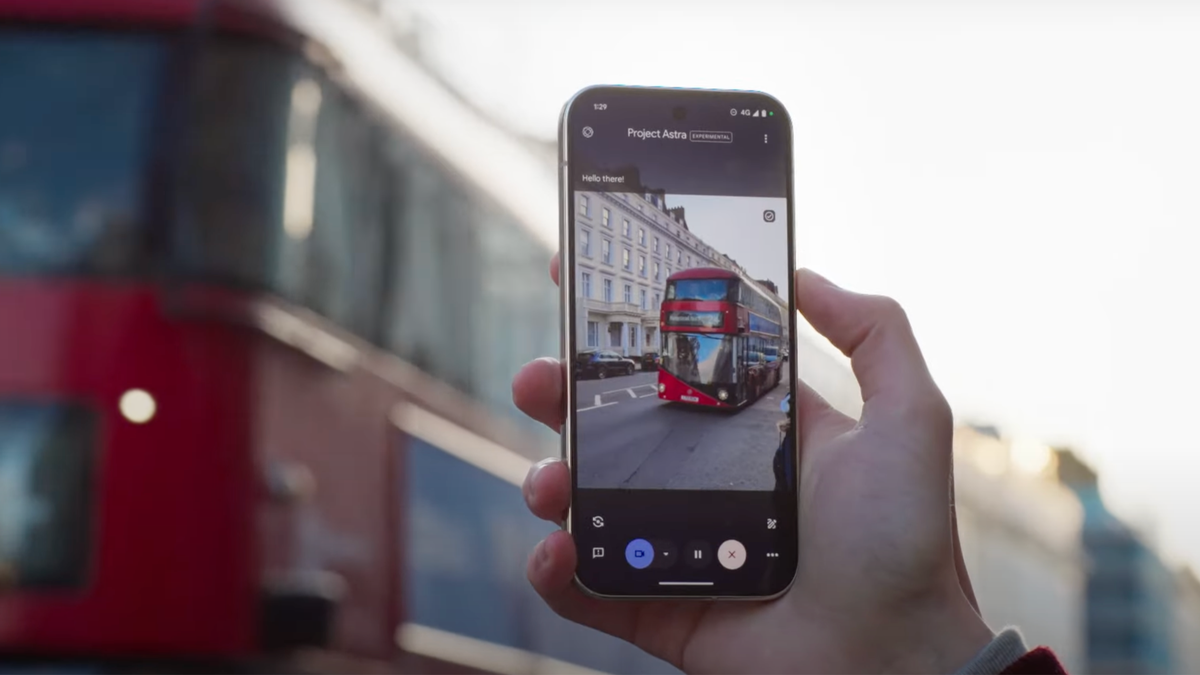The AI we know today
From its first public introduction to today, AI has come a long way. Sure, it’s not perfect (despite how companies might hype it up), but it’s getting close. We now have image generation tools so scarily advanced that, with the right guidance, they can produce hyper-realistic images that are nearly indistinguishable from real photos. Think about the fake Instagram accounts of “people” you’ve probably encountered or that photo of the Pentagon in (fake) flames that went viral, stirring panic and confusion and even causing ripples in the stock market.
Check out this video generated with Sora. | Video credit – OpenAI
So, you’re probably thinking, “Yeah, I know all this. What’s your point?” My point is simple: AI has already become a part of our everyday lives, whether we like it or not. Our mobile experiences are never going to be the same.
The name is I, AI and it is licensed to change mobile forever
In my opinion, right now, AI assistants are still pretty basic – think of them like Johnny English: useful and fun but not essential. But soon, the so-called AI agents will be more like James Bond – smarter, more efficient, and ready to take care of business.
The practical application of AI agents is a research area full of exciting possibilities. We’re exploring this new frontier with a series of prototypes that can help people accomplish tasks and get things done. These include an update to Project Astra, our research prototype exploring future capabilities of a universal AI assistant; the new Project Mariner, which explores the future of human-agent interaction, starting with your browser; and Jules, an AI-powered code agent that can help developers.
– Google, 2024

Video credit – Google
Big players like Google, OpenAI, Apple, Microsoft (which backs OpenAI), and other AI companies are gearing up to release powerful AI agents that can handle tasks like booking flights, making reservations, calling someone and scheduling appointments, and more. These AI assistants won’t need you to spell out every detail – they’ll think for themselves and get things done.
This would be especially useful on smartphones when you’re out and about. For example, getting directions to the nearest bike shop while you’re actually riding would be awesome – no need to stop, take out your phone, and fumble around. Instead, you could just say, “Hey, Google,” “Hey, Siri,” or whatever virtual assistant you prefer.
Or like Google shows in its demo, it’d be super handy if my phone or future AR glasses could remember the building entrance code instead of me (without me telling it to) – especially when traveling (because we all know how tricky those Airbnbs can be sometimes). So, features like that on mobile would be great, don’t you think?
But do these AI agents have a limit? I sure hope so. As convenient as it is to have these systems take care of tasks, sometimes I just want to do things the old-fashioned way (I don’t wish AI to take over every aspect of my life.) Thankfully, most of these features are still optional. But who knows what the future holds? Things could change quickly.
But hey, with more and more capable AI models heading our way, one thing is sure in my book. We’ll see even more powerful features and agents on our phones soon. And while the potential is exciting, the question is: will AI make our lives easier, or will we find ourselves over-relying on something that’s not quite perfect yet? The future of AI in mobile tech is coming fast, and we’re all along for the ride.

